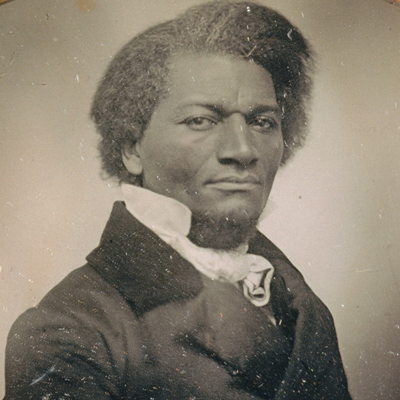
"I'm from Southern California. Upspeak is what we do."
– Observation from a student in our Executive Seminar
For some listeners, this repeated vocal inflection inspires a maddening rage. To others, it's a treasured sign of identity that deserves to be protected.
As public speaking coaches, we encounter upspeak on a regular basis. While our emotions might not run quite so high over the matter, we do have a few observations.
What is upspeak and why do you care?
Upspeak—also referred to as uptalk—is the practice of raising the pitch of the voice at the end of a phrase or sentence, much as we do naturally when asking a question. Linguists may refer to it as a high rising terminal and of course, they also use the acronym HRT.
Having trouble imagining what HRT sounds like? Think of Valley Girl speech patterns.
Or deliver a statement out loud, but lift your voice at the end to make it sound like a question: The statement "I'm asking a question" becomes "I'm asking a question?"
Common wisdom on upspeak has been to minimize it in public speaking. There are reasons for that:
- Your statements sound like questions, therefore you may sound less certain than you feel.
- It's good to avoid any identifiable patterns when speaking, because audiences will pick up on those patterns and be distracted by them. A pattern of upspeak can do just that.
- Upspeak is one of those speech characteristics associated (fairly or not) with youth. For speakers who worry they lack gravitas or want to project maturity, minimizing upspeak can be a good idea.
That last assumption may deserve some examination on the part of the listener. Research suggests the age of the audience may influence its ability to even recognize upspeak (as in, younger audiences don't notice and don't care).
Getting beyond gender, regional differences, and the generation gap
Traditionally, too, upspeak has been a vocal quality associated with the female voice. And there are legitimate reasons to consider if sexism contributes to some people's distaste for this phrasing.
Linguists and social scientists rightly point out:
- Our ideas about professionalism tend to be based on male role models. Female voices—including tendencies for upspeak—deserve to be respected just as they are.
- Upspeak, like an accent, is part of vocal identity for many speakers. Just as we embrace accents because they bring authenticity and make a speaker memorable, perhaps we should create room for the high rising terminal as part of a speaker's platform personae.
We'd like to add: In our experience, male speakers are just as likely to use upspeak as female speakers. And we work with speakers from all over the world who use upspeak by default—so it's not just a Southern California thing.
Benefits and risks of upspeak
As researchers have looked into how upspeak affects listeners, they've noted a few benefits that come with the practice.
One is how people in positions of authority can use upspeak to invite discussion and reduce the intimidation factor. A study of business meetings conducted in English in Hong Kong, for example, found that meeting chairs used HRT as much as seven times more frequently than others in the room—suggesting that people in power can and do urge involvement by using upspeak.
Another study showed that the perceived expertise of the upspeaker was a key factor in how audiences react. When a person with authority used upspeak, no loss of credibility was noted. However, when a young or less experienced person used it, upspeak was associated with lower competence.
"I have started thinking of voice almost as the way I think about outfits. If I'm going for a job interview I'm going to wear a different outfit than when I'm out with my friends."
– Podcast host Jessica Grose, reflecting on her use of upspeak
Patterns and choices
That last study fits into our thinking about every technique a speaker can use: Being deliberate matters.
In the case of upspeak, if you're using it as a default pattern with no consideration for how it's playing with your audience, you might be missing opportunities to connect. And you're very likely creating a distraction you'd be better off without.
That's not to say you should never use upspeak. Or that upspeak is inherently bad. But just as we deploy the other qualities and strengths we possess as speakers, we should be aware and make choices with upspeak, as well.
Because it can be part of your identity. It can be a tool for encouraging others to think and get involved. But used without thought, it's not much different from non-stop pacing or starting every sentence with "Hey, ya’ll." Being deliberate about what we choose to do as speakers is one way we bring our best selves to the assignment.
Learn more:
For a variety of views on upspeak (including those of Slate podcast host Jessica Grose), see this story from NPR.
To consider how audiences associate certain public speaking styles with youth, check this out.
For suggestions on how to use questions—and HRT—for optimum effect in a presentation, consider these tips.
For a look at other speech patterns that can distract audiences, see this.






